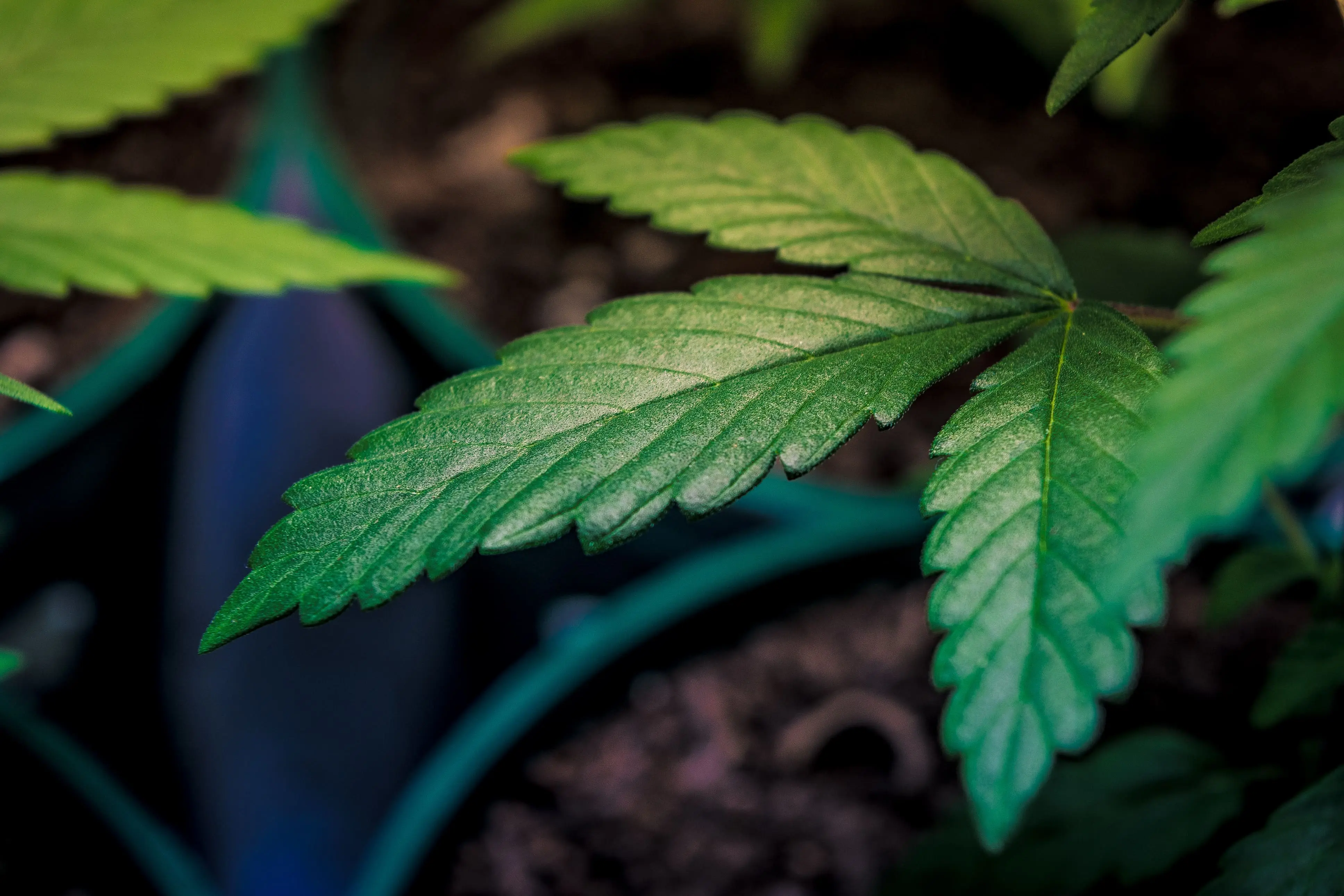Politics
Marijuana Users In Iowa Are Engaged And Active Citizens, Survey Shows—Smashing ‘Lazy Stoner’ Stereotypes

“Many of today’s cannabis consumers are ‘middle American’ adults, employed, own a home, vote regularly, pay their taxes and are involved in their communities.”
By Bob Sillick, Iowa Capital Dispatch
For many years, cannabis users were characterized as a cult of stoners: young, often unemployed, party animals. That sector still exists in some form, however, many of today’s cannabis consumers are “middle American” adults, employed, own a home, vote regularly, pay their taxes and are involved in their communities.
That is the general profile of adult cannabis consumers across the country and in Des Moines, according to a recent survey by Consumer Research Around Cannabis/The Media Audit.
The Media Audit, the parent company of Consumer Research Around Cannabis, is an international research company serving 80+ local markets in the U.S. and Canada for more than 20 years. It started gathering data about cannabis use and attitudes in 2016.
Although the sale of adult recreational cannabis is illegal in Iowa, the survey found 16.2 percent of all adults age 18+ in Des Moines said they used or bought cannabis during the past month, or the statistical equivalent of approximately 140,000 adults.
The smallest percentage in the following table, monthly usage in Des Moines, is still substantial—and suggests a pent-up market. Unleashing the recreational cannabis market in Des Moines and all of Iowa would likely generate jobs and significant taxes for the state—money now escaping across the borders.

The survey data from Des Moines and 42 other markets was aggregated and showed 24.1 percent of adults 18+ used or bought cannabis during the past month. (Local factors affect these percentages and comparisons.)
For 15 years, Jonathan Caulkins, H. Guyford Stever professor of operations research and public policy at Carnegie Mellon University’s Heinz College, has been studying cannabis legalization. He is also the author of several books on the topic and a member of the Commission on the North American Opioid Crisis.
Caulkins’s research fine-tunes the results of the Des Moines survey from Consumer Research Around Cannabis.
“From 1992 through 2023, the most recent year for which we have released data, the trend has been towards an enormous increase in the number of people who are using cannabis daily or near daily. They account for 80 percent of recreational cannabis sales. They dominate the market,” Caulkins said.
In states like Iowa that haven’t legalized adult recreational cannabis, Caulkins expects when they do, the middle of the market will be blue-collar high-school graduates, adults 25–40 who are employed but not affluent.
He has also seen a gender trend as more states allow the sale of recreational cannabis.
“As cannabis has become more legal, the male/female use gap has become noticeably smaller. When it was an illegal action or a risky action, there was a much bigger gender gap, but that gap is declining. Use by men is increasing with legalization, use by women is increasing even more,” he said.
Cannabis consumers in Des Moines also align with the 43-market survey when comparing gender and income. Millennials at 42.3 percent and Gen Xers at 35.5 percent account for three-quarters of the adult cannabis consumers in Des Moines who bought or used cannabis during the past month. These percentages are slightly more than the 43-market survey at 41.5 percent and 28.2 percent, respectively. The 33.8 percent of cannabis consumers in Des Moines with household incomes of $35,000 to $75,000 is also slightly more than the 43-market survey at 29.6 percent.
The Consumer Research Around Cannabis data also profiles cannabis consumers at a more granular level. The “household profile” category shows which three were the largest purchasers or users of cannabis during the past year, or 33.8 percent collectively.
- Affluent, no children at home: $75,000+ household income
- Affluent white-collar worker: Family income $100,000+
- Affluent Boomers: $100,000+ household income
Comparing cannabis purchasers and users in Des Moines with the 43-market survey by their employment status and occupation reveals some contrasts. The data indicates that many in Des Moines are working and contributing to the local economy.

Voting is a meaningful measure of civic responsibility. Millennials at 22 percent, Gen Xers at 54.4 percent and Baby Boomers at 12 percent who purchased or used cannabis during the past month voted in local, state and national elections, compared to 33 percent, 32.1 percent and 24.6 percent, respectively, in the 43-market aggregate survey.
This particular data point may have ramifications for future legislative efforts to legalize adult recreational cannabis sales in Iowa. While the Iowa Legislature’s majority Republicans have rebuffed Democrats’ proposals to legalize recreational marijuana, advocates suggest time may be on their side if an increasing body of citizens support legalization with their votes.
Marijuana’s Schedule I Status ‘Traps Researchers In A Paradox,’ Federally Funded Scientists Say



